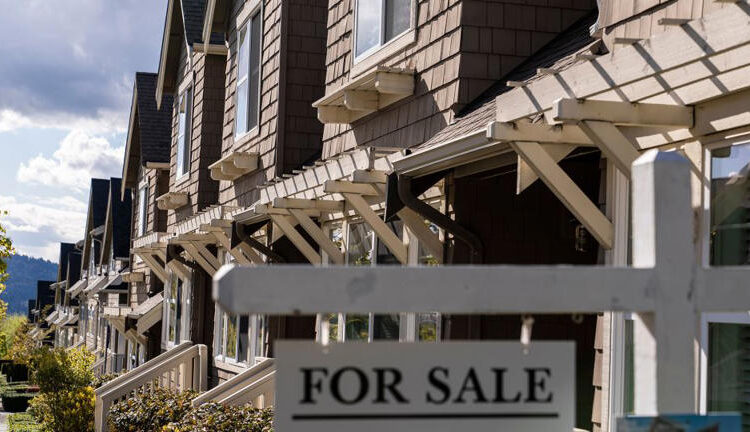
In the realm of the financial world, particularly in the United States, there’s a growing concern among officials regarding the potential amplification of the next recession by a series of interconnected failures within the mortgage industry. This apprehension revolves around the operations of nonbank mortgage companies, a segment of the market that has gained significant traction but remains relatively underregulated compared to traditional banking institutions.
Unlike their counterparts, nonbank mortgage companies lack the stable deposits that can serve as a buffer during economic downturns. Instead, they heavily rely on external funding sources, leaving them vulnerable to sudden market shifts and liquidity crises. Additionally, their exposure to fluctuations in the mortgage market is substantial, with a considerable share of home mortgages in the US originating from these entities.
The US Financial Stability Oversight Council (FSOC), established post-2008 financial crisis, has raised red flags about the systemic risks posed by the unique vulnerabilities of nonbank mortgage companies. Treasury Secretary Janet Yellen, who chairs the FSOC, has underscored the potential for these vulnerabilities to exacerbate shocks in the mortgage market and undermine overall financial stability.
To mitigate these risks, federal regulators are urging both state governments and Congress to take proactive steps. These steps include enhancing regulatory oversight, establishing industry-funded backstops to provide liquidity during crises, and mandating nonbank mortgage companies to develop contingency plans for orderly wind-downs in times of distress.
While some stakeholders within the industry support the FSOC’s objectives of ensuring a safe and stable financial services marketplace, others have voiced concerns. These concerns range from the potential for increased regulatory burden and costs to the unintended consequences of certain proposed measures on mortgage access, particularly for marginalized communities and first-time homebuyers.
Amidst the ongoing debate, experts caution that the inherent fragility of nonbank mortgage companies, coupled with their reliance on short-term financing, makes them susceptible to collapse under adverse conditions. Memories of the 2008 financial crisis serve as a stark reminder of the risks posed by thinly capitalized entities operating in the mortgage industry.
As policymakers grapple with the complex task of safeguarding financial stability while promoting mortgage access, the looming threat of a recession underscores the urgency of addressing the systemic vulnerabilities within the mortgage industry. The stakes are high, and the need for prudent regulation and coordinated action has never been more apparent.






